NA deputies and fertiliser producers call for VAT tax benefits
National Assembly deputies have been debating whether a 5% VAT tax on fertilisers should be reintroduced.
Opponents of the tax advised the Government to exercise caution, as it may increase fertiliser prices, which would adversely affect millions of farmers across the country.
 |
|
Loading fertiliser onto a ship at the Dinh Vu Port in Hai Phong city. |
Supporters, meanwhile, raised concerns over how the tax exemption has been a burden for local fertiliser manufacturers, hurting their competitiveness and creating an unfair playground.
The 5% VAT tax was removed in 2014, which according to local fertiliser manufacturers, has created a situation in which locally made fertilisers suffer unfairly in competition with imports as they could not deduct VAT from their input. It has led to increased production costs. They said their products should also be taxed as it would allow them to benefit from VAT deductions and refunds, which can bring prices down in the domestic market.
Deputy Trinh Xuan An from Dong Nai province said reintroducing the tax will benefit the public, manufacturers and the State.
"For instance, when a company purchases raw materials worth 80 VND it costs an additional 8 VND in VAT input. If their fertiliser is sold at 100 VND without input VAT deductions, they would need to price it at 108 VND. With a 5% tax, they can deduct 8 VND, and the price should be 105 VND. Accounting rules dictate that a 5% tax doesn’t necessarily mean prices rise by 5%."
Deputy Dang Bich Ngoc from Hoa Binh province said fertiliser remains so far the largest expense in crop production, amounting to 64% to 68% of the agricultural sector’s total production value.
Fertiliser not being taxed means manufacturers cannot claim VAT tax refunds, even for goods imported as fixed assets required in fertiliser production. This severely handicapped local manufacturers' profit and investment planning, as well as their ability to upgrade to more sustainable technologies.
Meanwhile, imported fertiliser, previously taxed at 5% and now tax-exempt can still reclaim full VAT input, allowing for lower prices.
The fertiliser market which has been struggling with oversupply issues during 2015-2020 had seen significant price drops with local manufacturers reporting negative growth and financial difficulties.
Ngoc said allowing local manufacturers to benefit from VAT input refunds will benefit everyone, farmers, manufacturers and the Government while at the same time, reducing Vietnam's reliance on imports.
She said Vietnam could learn from China, the world's largest producer and consumer, which imposes an 11% VAT on fertilisers, while offering tax incentives for more environmentally friendly and R&D advanced manufacturers. Similarly, Russia, the world's largest fertiliser exporter, also imposes VAT for the same reasons.
"The current situation favours imports while harming domestic manufacturers. Left alone unchecked, it may reduce the size of Vietnam's fertiliser industry making the country even more reliant on imports and undermining long-term strategy such as agricultural sustainability," she said.
Deputy Nguyen Van Chi from Nghe An province said Vietnam, as an agricultural country, should not allow itself to become overly reliant on foreign fertiliser.
Several Governmental agencies including the Ministry of Industry and Trade and the State Audit have petitioned the Government to reintroduce the tax to balance the playing field for domestic manufacturers.
 Bắc giang
Bắc giang
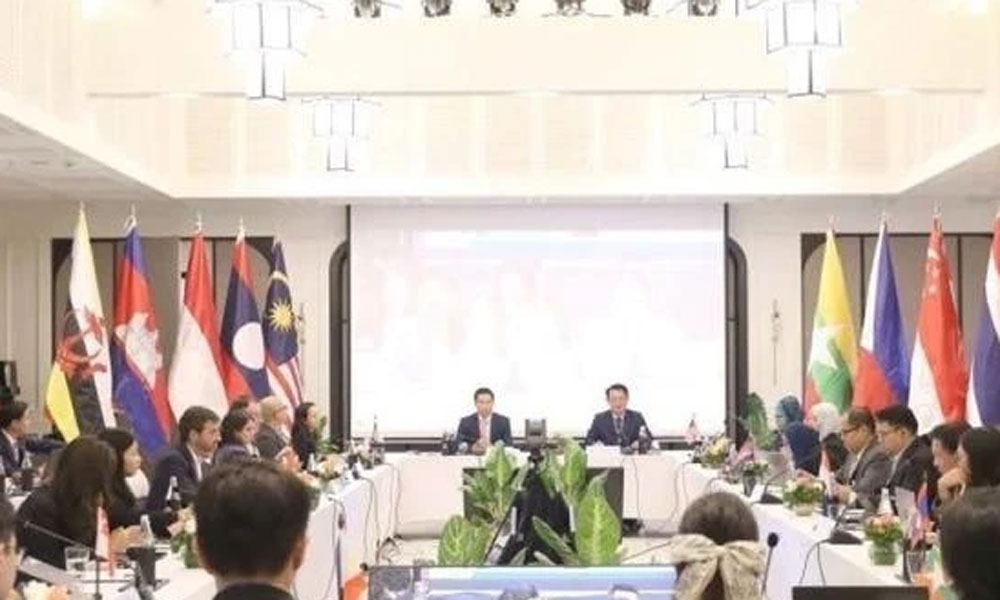
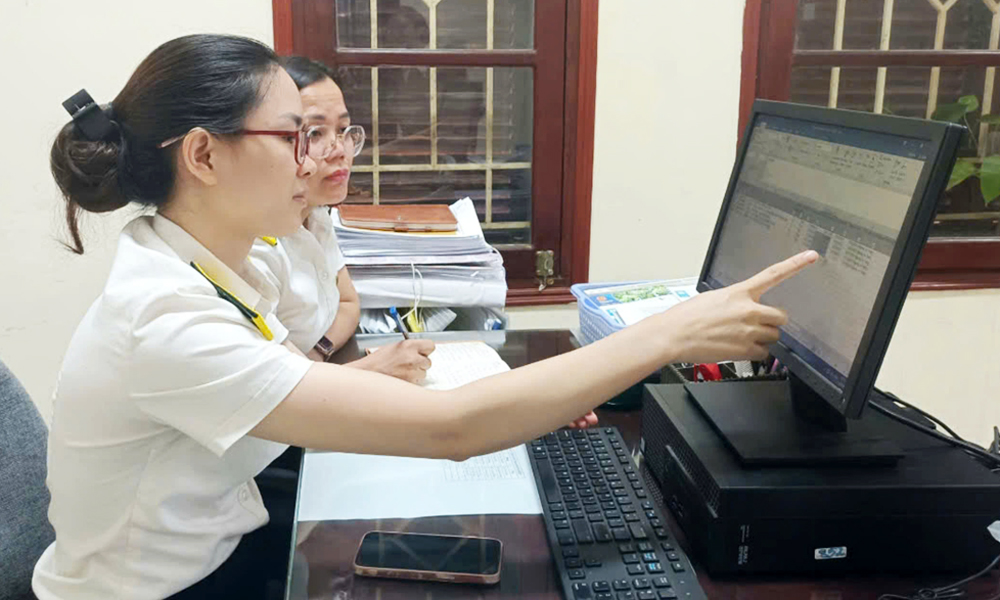


.jpg)



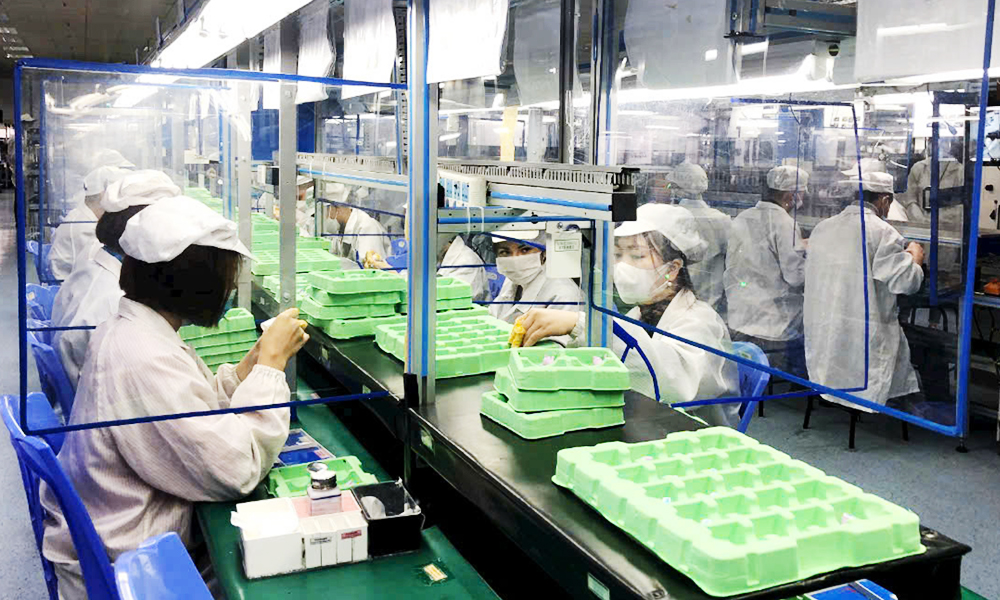

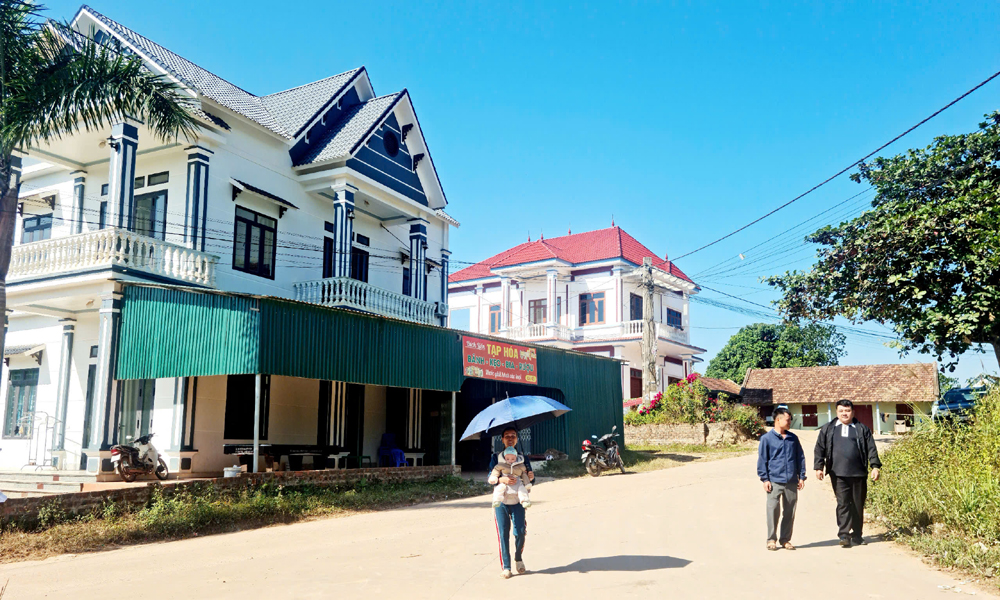
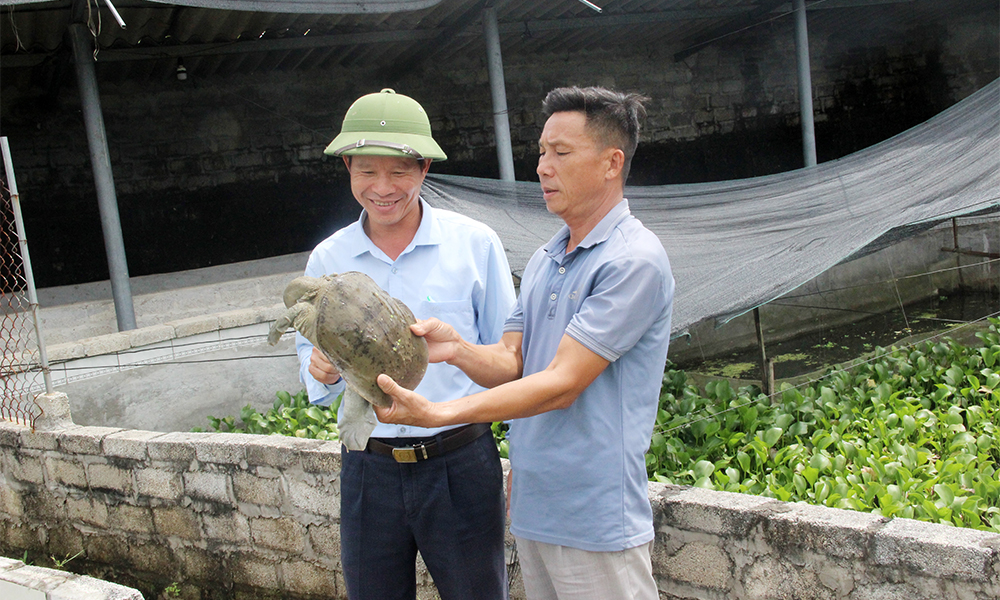


Reader's comments (0)